Did you know you’re throwing away money when you toss your spent coffee grounds and grain waste from your microbrew?
For example, during the beer brewing process, the spent grain and malt make up 85% of the brewing waste. 500,000 tonnes of coffee ground waste per year are dumped into landfills, not to mention that during coffee bean harvest and drying two tons of pulp is left for every ton of beans that are collected.
Businesses that produce beer, or serve coffee typically come to two conclusions. Find someone to compost the waste or just throw it out. Composting is a great start but there are only so many farmers that will take and compost coffee grounds, and spent grain off your hands. Or you might be in an area where the round trip a farmer has to make is too great.
Some research, some enzymes, tada science!
This is where the scientific community can help. Researchers have found that a commercially available enzyme alcalase can capture up to 83 percent of the protein in spent grain. This can be used for a cheaper, more sustainable replacement for fishmeal to feed farmed shrimp. This protein is also being explored as an ingredient in food products, catering to the consumer demand for alternate protein sources.
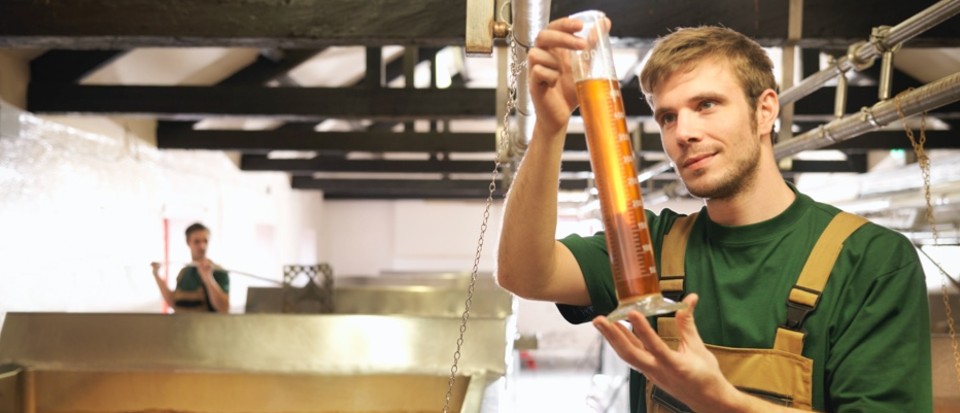
Also, ecologists are finding that the high nutrient coffee pulp can regenerate exhausted farmland soil to quickly regrow forests.
Coffee pulp is the leftover dried fleshy fruit taken off the coffee bean that we are all familiar with.
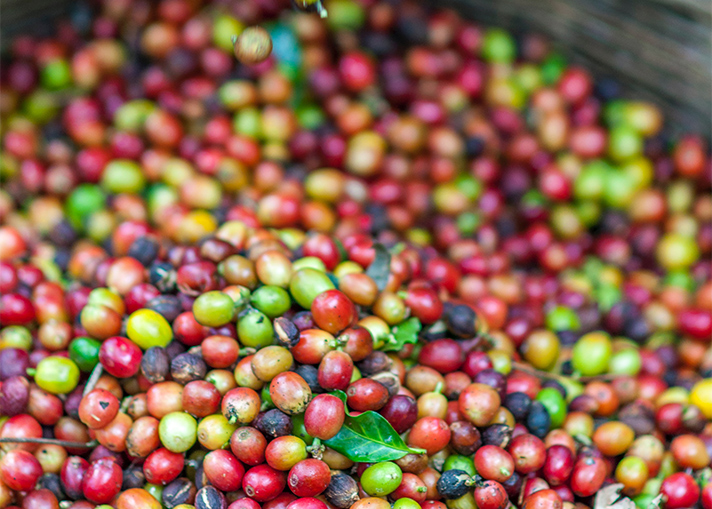
Ecologists place a thick layer of this pulp on land with low nutrient value because of heavy agriculture use.
After only two years the coffee pulp treated area had 80% canopy cover compared to 20% in the control area. The canopy in the coffee pulp area was also four times taller than that of the control area.
Three ideas to profit from coffee and grain byproduct.
How might you find creative and possibly profitable ways to use organic waste byproducts?
One example, if you can’t find enough farmers to take all those spent grounds off your hands, turn to your customers. Kaldis Coffee rebags their spent grounds and freely offers them to their customers with a sign that lists the benefits of composting grounds and other positive uses.
Really drunk shrimp
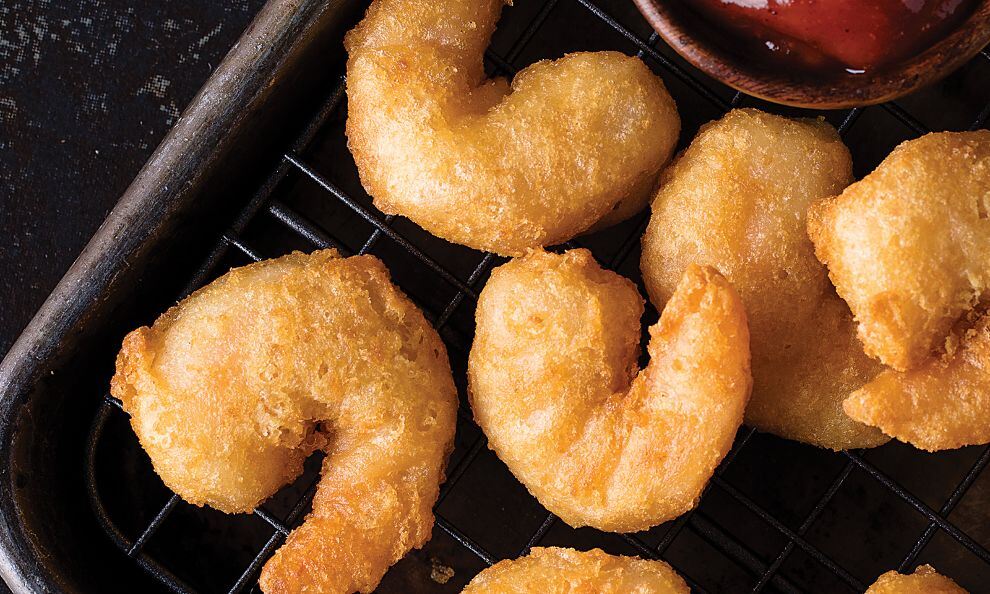
What about beer battered shrimp not only flavored by your beer but also fed by your beer or rather the byproduct. I’m sure there’s a nice market slogan about beer-raised beer-battered shrimp in there somewhere.
Caffeinated mushrooms
The value of sales for commercially grown specialty mushrooms was up 2 percent in 2019 according to the USDA. Coffee grounds are used in creating the soil types needed for cultivating certain mushrooms.
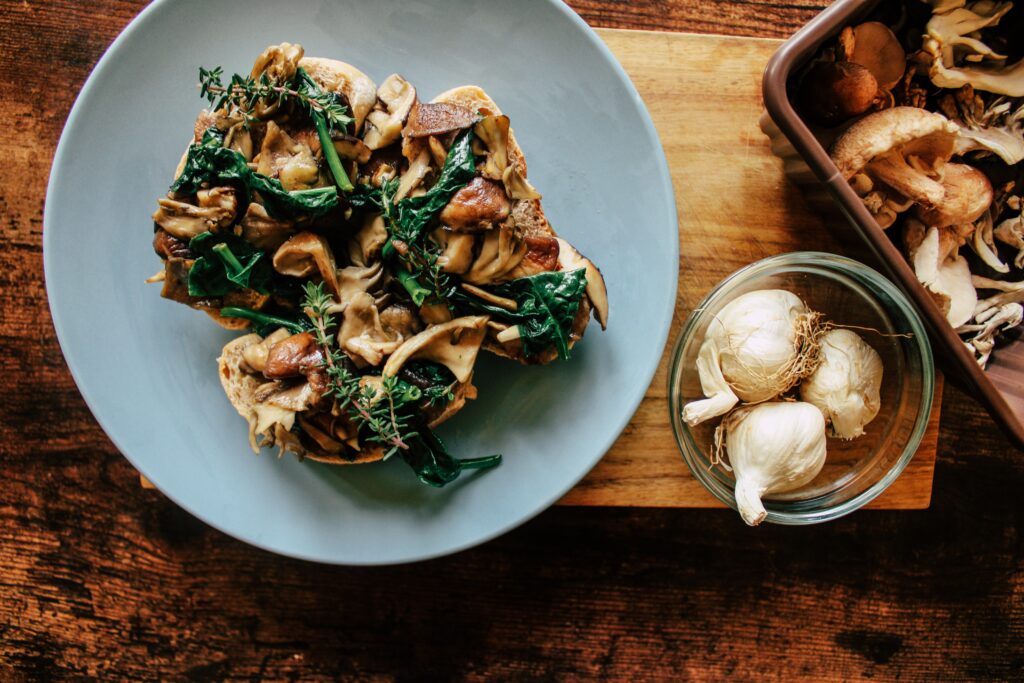
Cafes can sell or donate their grounds to mushroom farmers. In return possibly get a discount on some unique mushrooms to elevate your dish offerings.
Sustainably aware customers
The main point of these three ideas is to show an ever-increasing sustainably aware customer is that you are also aware and are doing your part towards a regenerative and circular economy.
87% of consumers will have a more positive image of a company that supports social or environmental issues and 88% will be more loyal to a company that supports social or environmental issues.
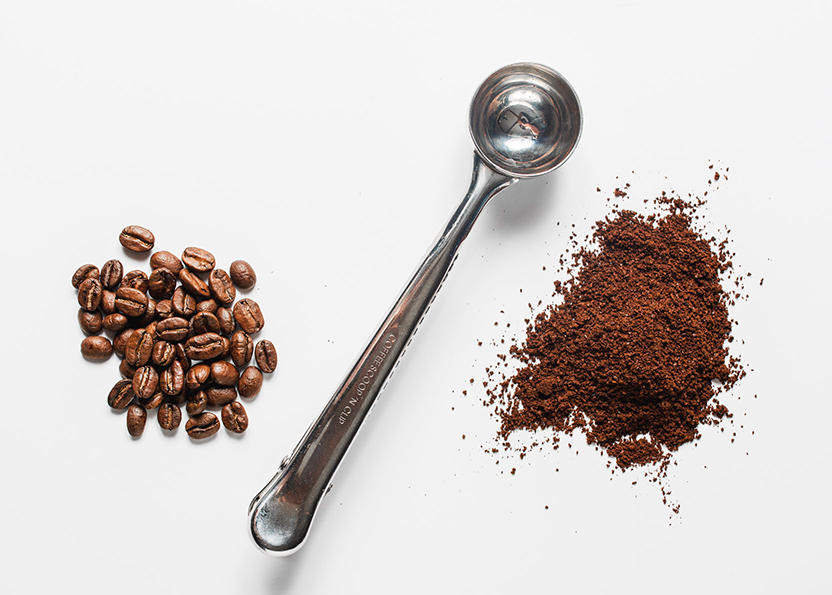
By purchasing from you, the customer gets to be a part of your story and then tell that story to others who will also want to join in on your mission. So even if you don’t get a discount on those mushrooms the story and image your company will have will more than make up for it.
Wish you could craft ideas and make big decisions to profit from ideas like these but hate the time, money, and effort it takes only to have it fail. Subscribe for tips on getting the best ideas, making quick decisions, and testing those ideas quickly for less time and money.

